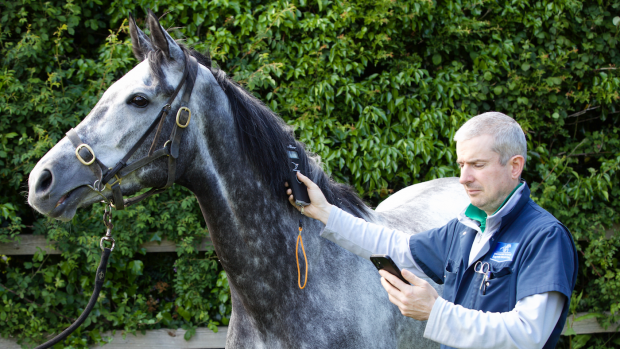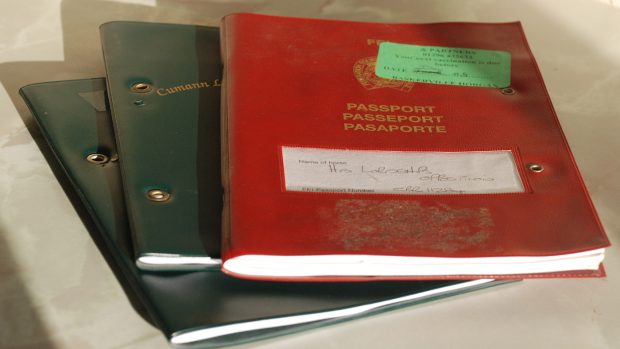A recent case of two thoroughbreds found alive after they were recorded as dead on the Weatherbys database has highlighted the benefits of microchipping.
The RSPCA found Sauvage and County Hall — both by Saddlers’ Hall — together with four other horses at a property in Yorkshire in mid-July.
County Hall was recorded as dead in April 2007, while Weatherbys was notified about Sauvage’s “death” in January 2008.
The horses’ identities were revealed by their microchips — it has been a requirement for all registered thoroughbred foals to be chipped since 1999.
“Microchips have proved their worth in this instance,” said Paul Greeves from Weatherbys.
“After scanning the microchips we verified their parentage through DNA profiling — which reaffirmed their identity.
“It is not the first time a thoroughbred has been reported as dead when they are not, but it’s rare. There can, of course, be mistakes, but with microchips and the stringent rules now it is fortunately less likely.”
Di Arbuthnot from Retraining of Racehorses (RoR) added: “Microchips are hugely helpful. I very much hope that no similar cases come about, but at least we are now able to trace and identify them.
“RoR aims to prevent things from getting to this stage by giving racehorses a new life, so they won’t end up on a scrap heap.”
Who notified the horses as dead, and why, is unknown.
Although nine-year-old Sauvage, out of Gallic Honey, and seven-year-old County Hall, out of Awbeg Beauty, are both by the same sire, Mr Greeves believes this is coincidence as no other connections between the two have been established.
Neither horse had been registered as being in training and neither had raced.
The pair have now been issued with duplicate passports and are in east Yorkshire under the care of the RSPCA.
A spokesman for the RSPCA declined to comment due to ongoing investigations.
This article was first published in Horse & Hound (27 August, ’09)





